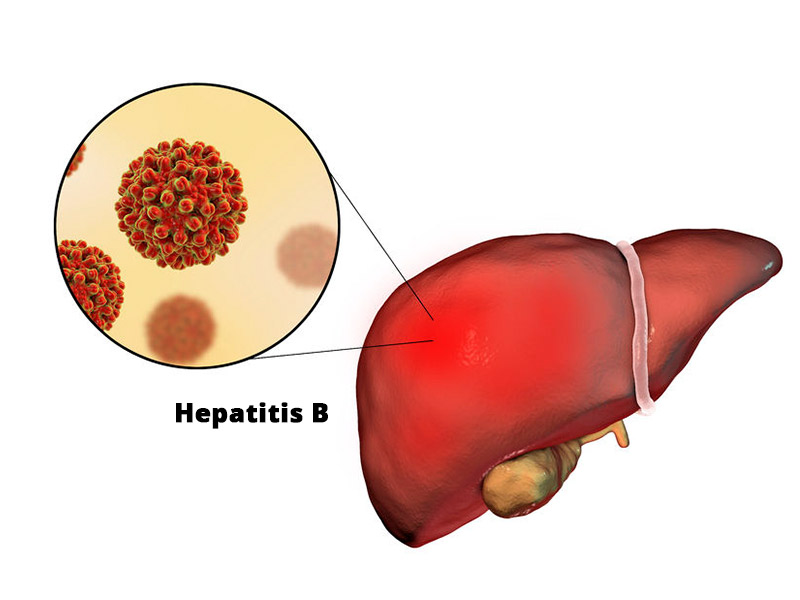Hepatitis B
Hepatitis B is an infection of the liver caused by Hepatitis B virus (HBV). It gets transmitted through bodily fluids such as blood, semen or vaginal secretions.
Hepatitis B may be acute or chronic. In acute Hepatitis B symptoms are quick to appear while in chronic hepatitis B symptoms may not be noticeable unless complications occur.
Chronic Hepatitis B increases risk of developing liver failure, liver cirrhosis or in some cases liver cancer. Although there is no cure for Hepatitis B, a vaccine to prevent it is available.
What are the Symptoms?
In most cases, symptoms may not present until one to four months of having the virus.
- Fatigue
- Pain in the abdomen
- Jaundice
- Loss of Appetite
- Vomiting & Nausea
- Fever
- Joint & muscle pain
What are the Causes?
The virus is passed from person to person through blood, semen or other body fluids. It does not spread by sneezing or coughing.
Common ways that HBV can spread are:
- Sexual contact: You may get hepatitis B if you have unprotected sex with someone who is infected. The virus can pass to you if the person’s blood, saliva, semen or vaginal secretions enter your body.
- Sharing of needles: HBV easily spreads through needles and syringes contaminated with infected blood. Sharing IV drug paraphernalia puts you at high risk of hepatitis B.
- Accidental needle sticks: Hepatitis B is a concern for health care workers and anyone else who comes in contact with human blood.
- Mother to child: Pregnant women infected with HBV can pass the virus to their babies during childbirth. However, the newborn can be vaccinated to avoid getting infected in almost all cases. Talk to your doctor about being tested for hepatitis B if you are pregnant or want to become pregnant.
How is it Diagnosed?
Your doctor will examine you and look for signs of liver damage, such as yellowing skin or belly pain. Tests that can help diagnose hepatitis B or its complications are:
- Blood tests: Blood tests can detect signs of the hepatitis B virus in your body and tell your doctor whether it’s acute or chronic. A simple blood test can also determine if you’re immune to the condition.
- Liver ultrasound: A special ultrasound called transient elastography can show the amount of liver damage.
- Liver biopsy: Your doctor might remove a small sample of your liver for testing (liver biopsy) to check for liver damage. During this test, your doctor inserts a thin needle through your skin and into your liver and removes a tissue sample for laboratory analysis.
What are the Risk Factor?
People with certain medical conditions are at higher risk than others. Some of the risk factors of Hepatitis B are:
- Chronic Liver Disease
- Kidney Disease
- Diabetic patients above 60 years of age
- Those with multiple sex partners
- Those who use IV drugs
Chronic Hepatitis B can lead to serious consequences including:
- Cirrhosis
- Liver Cancer
- Liver Failure
- Kidney Disease
- Blood Vessel Problems
How is it Treated?
If you think that you’ve come in contact with the Hepatitis B virus , visit a doctor immediately. Your doctor would recommend a Hepatitis B vaccination & Hepatitis B immunoglobin (HBIG). This boosts your immune system & can help you fight off the infection.
In case of chronic hepatitis, you may be prescribed certain medications

